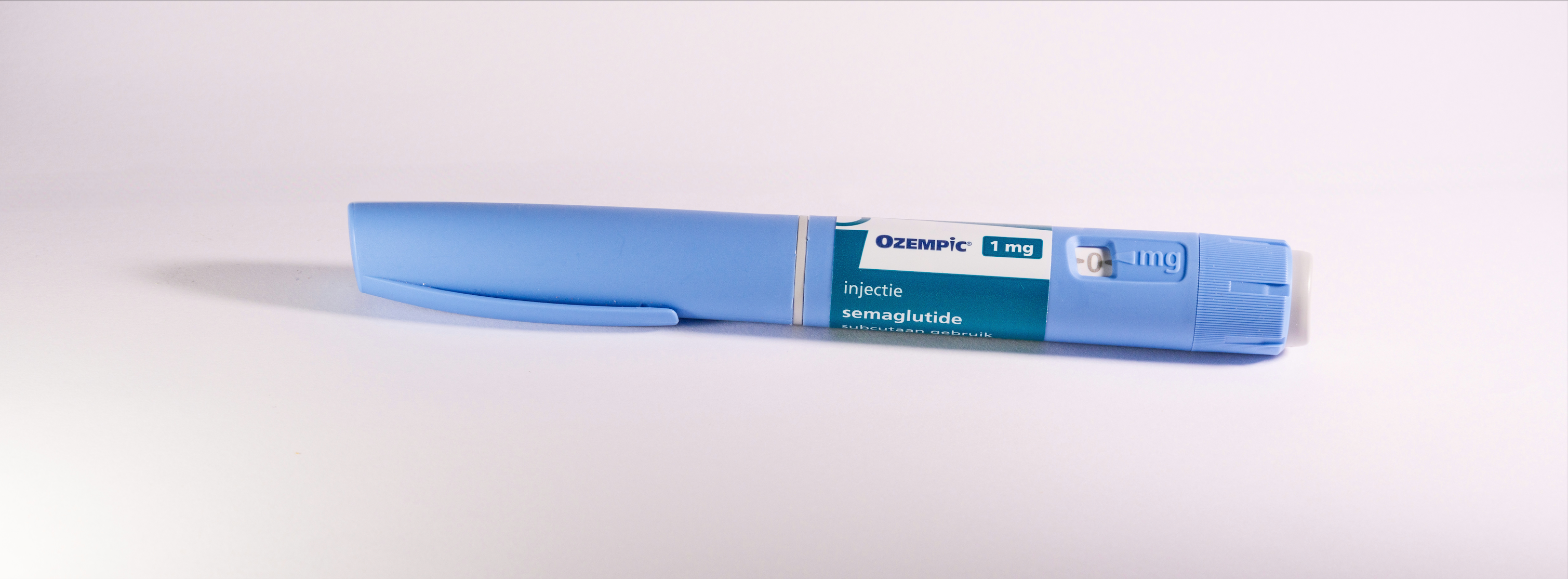Managing blood sugar levels is crucial for individuals with diabetes, dealing with insulin resistance, metabolic syndrome, or individuals wanting to improve overall metabolic health. Two very well known options are berberine, which is a natural supplement, and Ozempic, a prescription drug. While both aid in managing blood sugar levels, they work in different ways and come with other benefits and considerations.
Berberine is a natural compound found in plants such as Berberis aristata and has been used in traditional medicine for centuries now. Its well known for its ability to lower blood sugar levels by activating AMPK (adenosine monophosphate-activated protein kinase), an enzyme that improves how the body processes sugar and uses energy. AMPK enhances glucose uptake in cells, improving insulin sensitivity and supporting overall metabolic health.
Berberine supplements are sometimes combined with Alpha Lipoic Acid (ALA). Why? To enhance its effect, ALA is an antioxidant that improves insulin sensitivity and reduces oxidative stress, making it a valuable companion to Berberine in diabetes management.
On the other hand, Ozempic is a GLP-1 receptor agonist, a prescription medication that's mainly used for type 2 diabetes, and more recently, for weight management. It mimics a natural hormone that controls blood sugar, and it stimulates insulin release, while slowing digestion, and reducing appetite, making it effective for both diabetes management and weight loss. Many individuals with a high body mass index (BMI) turn to Ozempic as a medically supervised option to help lower their weight and improve metabolic health.
When comparing Berberine vs. Ozempic, the best option will depend on individual health goals, budget, and medical conditions. Consulting with a healthcare provider can help determine which option is best suited for individual health goals.
What Is Berberine?
Berberine is a natural compound found in various plants and has been used in traditional medicine for centuries due to its ability to support blood sugar regulation, making it a popular alternative in the Ozempic vs. Berberine debate.
Berberine: A Powerful Dietary Supplement for Metabolic Health
Berberine activates AMPK, an enzyme that boosts metabolism, improves insulin sensitivity, and supports overall glucose control. Research suggests that it may also help with weight management as it reduces fat storage and improves digestion. In addition to its metabolic effect, it contributes to bone health by supporting one density and reducing inflammation, making it a valuable supplement for overall health and well-being.

What Is Ozempic?
Ozempic is a GLP-1 receptor agonist prescribed for managing type 2 diabetes and weight loss. By mimicking the GLP-1 hormone, it helps to regulate blood sugar by increasing insulin secretion, slowing digestion and reducing appetite, leading to better metabolic health and improved blood sugar control.
Unlike natural supplements that support glucose regulation, Ozempic is a prescribed medication with clinically proven effects. It directly influences appetite and insulin regulation, making it a powerful doctor-supervised option for individuals with severe insulin resistance or obesity.
Berberine and Ozempic support blood sugar regulation, metabolic health and weight management. However, Berberine naturally activates AMPK, while Ozempic mimics GLP-1 to enhance insulin response and appetite control.

Key Differences Between Berberine and Ozempic
When compared, Ozempic and Berberine both help regulate blood sugar levels and support metabolism, but they work in different ways. The debate over Berberine vs. Ozempic mainly comes down to their origin, mechanism, and additional health benefits.
Different Approaches to Blood Sugar Control
As we've stated before, Beberine is a natural supplement that activates AMPK helping to improve insulin sensitivity, metabolism, digestion, and gut health. It is also known for its heart health benefits such as lowering cholesterol and reducing inflammation.
Ozempic is a prescription medication that mimics the GLP-1 hormone, promoting insulin release, slowing digestion while reducing appetite. This makes Ozempic especially effective for weight loss.
Another major difference is accessibility, Berberine is available without a prescription, whereas Ozempic requires medical supervision. While both can benefit heart health, Ozempic has more potential side effects, including nausea and an increased risk of pancreatitis.
Additionally, some studies suggest taking Berberine may help improve sleep by regulating stress-related inflammation, while Ozempic might impact negatively due to gastrointestinal discomfort.
Which One Should You Choose?
Choosing between Berberine versus Ozempic depends on the health goals and medical needs. Both play a role in managing blood glucose levels and metabolism but they offer unique benefits.
For individuals seeking a natural approach, Berberine is an excellent choice. It not only regulates blood sugar levels, but also supports digestive health by promoting gut-friendly bacteria. Berberine may also benefit brain health, by reducing inflammation and supporting cognitive function. This comparison is similar to the CoQ10 versus Ubiquinol debate, where both forms offer cardiovascular and metabolic benefits, but their effectiveness changes based on how the body can absorb them.
Ozempic, a prescription medication, is formulated for people that experience severe insulin resistance or struggle with weight management. While it provides strong clinical results, it may come with side effects that require medical supervision due to its possible side effects.
When thinking about men's health, both can be beneficial, Berberine may support testosterone levels and metabolism, while Ozempic assists with weight loss, which can improve overall hormonal balance. Individuals who want to improve their heart health, regulate blood sugar, and improve their gut health may find Berberine a better option, while those who need a more powerful medication solution might prefer Ozempic.
Consulting with a healthcare provider first is key to help determine which option aligns with your specific health goals.
Conclusion
Berberine and Ozempic offer effective ways to manage blood sugar, metabolism, and weight, but they work through different mechanisms. Berberine, a natural supplement, activates AMPK improving insulin sensitivity, digestion, and heart health, while Ozempic, a prescription medication, mimics GLP-1 to regulate insulin and appetite, making it very effective for weight loss.
Like the Ubiquinol vs. CoQ10 debate, where both forms support cardiovascular and energy health but differ in absorption, choosing between Berberine vs Ozempic depends on individual health needs. Those seeking a natural, well-rounded supplement may benefit from Berberine, which also contributes to brain health, digestive health, and men's health. Meanwhile, individuals needing a stronger doctor-supervised approach to diabetes or obesity may find Ozempic a more suitable option.
Ultimately, all supplements and medications have their pros and cons, and consulting with a healthcare provider is the best way to determine the right option for long-term health and wellness.

